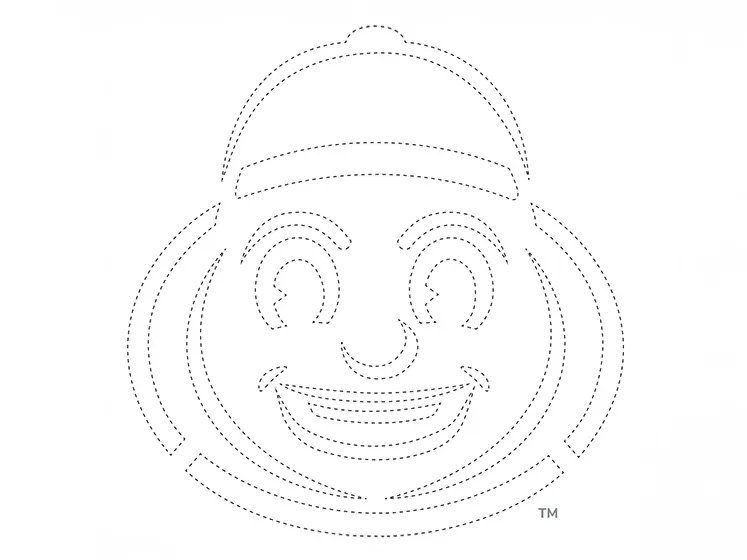Languishing during the pandemic? Here’s help
Mental health exists on a continuum, from the depths of depression to flourishing. But what if you feel neither depressed nor excited about life? You may be languishing.

Getty Images
Sociologist Corey Keyes first adopted the word “languishing” to describe the middle ground of mental health between all-out depression and flourishing. People who are languishing aren’t thriving or functioning as well as they could, and may feel tired, listless and unmotivated. They might underperform at work and cut back on social contact. Languishing can affect your mental health and resilience, and it may be an indicator that mental health problems could follow. Often, people who are languishing don’t realize anything is wrong, so they don’t seek help.
Organizational psychologist Adam Grant describes languishing as “a sense of stagnation and emptiness. It feels as if you’re muddling through your days … and it might be the dominant emotion of 2021.”
Many of us are emotionally fatigued. The COVID-19 pandemic has been an emotional roller coaster, triggering unhealthy lifestyle behaviors and mental health problems in its wake. Across the nation and around the world, people have experienced feelings of despair, fear for loved ones, decreases in job security and increased loneliness as they switched their focus from thriving to just surviving. As the pandemic has dragged on, we are no longer reacting with panic, but we may be feeling fatigued and bogged down by long-term emotional turmoil.
If you are languishing, it’s time to take good self-care, put your mental health first and try some of these tactics:
Acknowledge grief
All of us are experiencing different levels of grief and loss arising from all of the changes to our everyday lives brought on by the pandemic. Stop for a moment to acknowledge your losses, large and small. Talk to someone or write in a journal about the people and things you miss. Healing begins when we acknowledge and listen to our feelings. Also try to create new routines that will bring happiness, such as positive self-affirmations and reaching out to new people to create friendships.
Practice gratitude
Studies show that a daily dose of “Vitamin G” can improve mood, heart health and sleep as well as trigger optimism we may need to rise above languishing.
Find flow
Getting focused and fully involved in a project has positive mental health benefits. When you’re “in the zone,” doing something you enjoy, you lose track of time and live fully in the moment. Getting into a state of flow can help you feel more enjoyment and engagement in life. Start the morning off by choosing one meaningful task to accomplish. If taking on a project sounds like too much trouble, focus on small wins.
Achieve small wins
Try a small version of an activity you enjoy. Even if you don’t feel like it, do it to feel better later. Take a walk around your neighborhood, tuning into your senses, rather than trying to train for a marathon. Make yourself a simple meal rather than trying a complicated new recipe. As confidence grows, take on larger projects.
Reach out
People who are languishing often become socially withdrawn. Reach out to old friends and acquaintances to rebuild your social support.
Practice good self-care
It is not selfish to take good care of yourself. Take mini recovery breaks during the day to engage in activities that reduce stress and improve mood, such as physical activity, deep abdominal breathing and/or mindfulness. Self-care is absolutely necessary for our mental health and to give us the capacity to take good care of others.
How do you know if a state of languishing has progressed into clinical depression? It’s normal to feel sad or depressed now and then. When feelings of depression persist for days on end and symptoms interfere with concentration, judgment and/or functioning, that’s clinical depression. If you are suffering from these symptoms, don’t wait. Get help! It is a strength to recognize when we need help, not a limitation.



